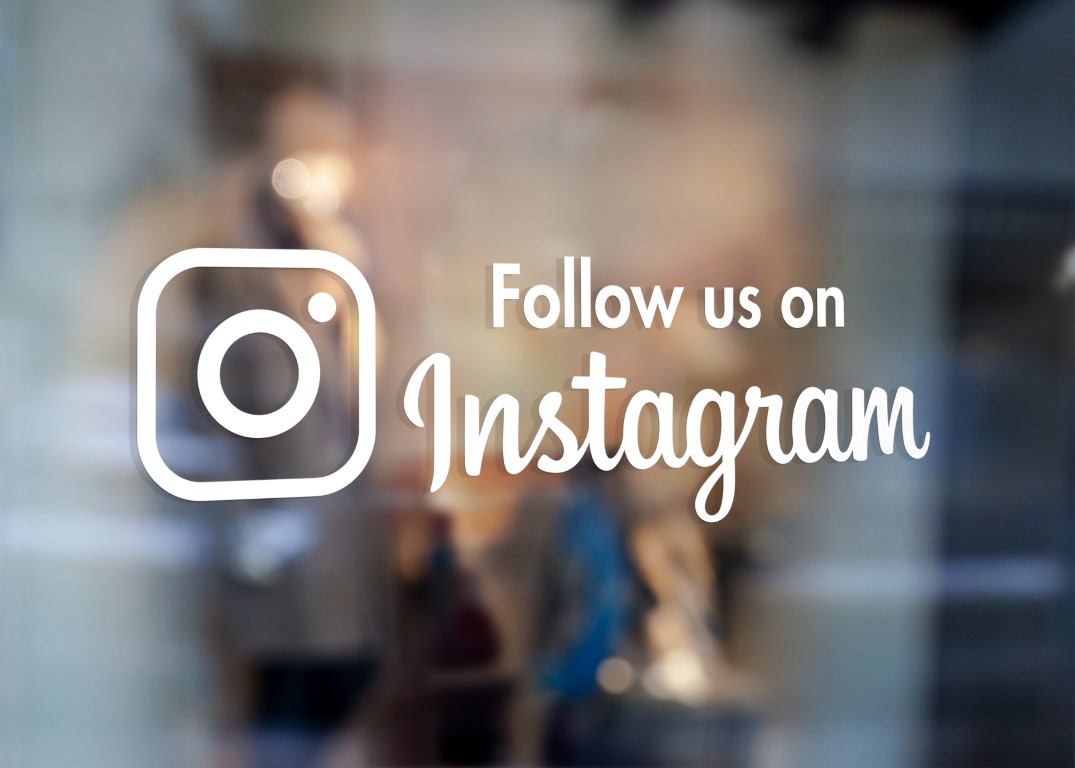
Dua Lipa wears the Marc Jacobs T-shirt; Balenciaga skirt; Clash de Cartier hoop; Wolford tights; stylist’s own large hoops (throughout).
Dua Lipa was photographed on March 6, 2020. Photographed by Tim Walker; Styled by Sara Moonves.
On the Friday afternoon in March that I meet the turbocharged pop superstar Dua Lipa, she drops a second video for her single “Physical.” She’s wearing a Balenciaga black leather jacket, bleached baggy jeans from her collaboration with Pepe Jeans, and pink-and-white Nike Airs. Tall and elegant, approachable and fun, she’s just back from Sydney, where she was headlining the Mardi Gras celebrations for the LGBTQ community. “I was beaming the whole time I was there,” she says. “I went out dancing afterward with Sam Smith to this bar called Stonewall Hotel.”
We’re in the photo studio for the W shoot, where Covid-19 is a talking point and everyone is using hand sanitizer, but the coronavirus hasn’t yet resulted in the cancellation of pretty much every conceivable event, let alone any semblance of ordinary life, worldwide. “Oh my God, stop,” she says when I ask her about it that afternoon. “At the moment there’s a media frenzy that I think is worrying everyone, and I’m in the same boat.” A little over a week later, Lipa posts to her 41 million Instagram followers an image of herself with her friend the Italian designer Giuliano Calza, with the caption: “Wow, on this night we really thought 2020 was gonna be the one…thinking of you all during this difficult and confusing time. Stay safe, wash ur hands, be with your loved ones, and most importantly remember and think of the ones less fortunate than you.”

Needless to say, Lipa’s plans for 2020, which included a world tour and spots at major festivals, have indeed been upended. She ends up launching her second album, Future Nostalgia, from the sofa of her rented apartment in London the Friday after the U.K. goes into lockdown. For a pop star gearing up for the biggest year of her life, having to cancel all performances must be unbelievably disappointing—like an athlete in her prime being benched. Yet while catching up with her in August over the phone from L.A., where she’s recording new material with someone who, judging from her Instagram feed, is probably Miley Cyrus (“Maybe! But nothing I can disclose,” she teases), Lipa is philosophical. “It was nice for me to realize the importance of patience,” she says of the past few months. “So much of my life is a big to-do list—what do I have to do, where do I have to fly next? It was stressful but also refreshing to have time to reflect on everything that’s happened so far.”
Nonetheless, for her, as for everyone, there have been tough moments. “In lockdown, I was getting messages on my phone: ‘Today you would have been performing at London’s O2 arena’—that was hard. Obviously I wish that I was on tour, but I’ve had a lot more time now to perfect the show and make sure that it’s really amazing. Maybe I can change certain bits in it or add to it,” she says. “I’ve been able to hone in and focus on all different aspects of the job.”

Lipa, who was brought up on her parents’ CD collection, is old-school in her own way. Future Nostalgia was conceived as a rounded body of work that defies the pick-and-mix approach of the streaming era. “I always get nervous with the question ‘Would you like to only release singles?’ ” she says. “That’s my biggest nightmare; I want to be able to release a full project. I’m learning as an artist and slowly getting to where I want to be.”
She comes from a “very liberal” family of musicians (her dad was the singer in Oda, a Kosovar rock band) and academics (her grandfather was a historian), and was raised mainly in London, but her first language is Albanian, and she is the daughter of refugees. In 1992, three years before she was born, her family was driven out of their hometown, Pristina, by forces under the direction of the Serbian president Slobodan Milosevic. By the time the Lipas returned, in 2006, when Dua was 11, Kosovo had endured a war that resulted in thousands of civilian deaths, the mass displacement of populations, and war crimes for which a number of officials, including Milosevic, were later indicted at the International Court of Justice in the Hague. “My parents always dreamed of going back to Kosovo,” Lipa says. “I think one thing that people don’t realize, especially with the refugee situation at the moment, is that no one just leaves their hometown unless it’s to look after their family or in times of crisis.”

Lipa’s political conscience has been further influenced by the fact that she’s going out with someone who is half-Palestinian: Anwar Hadid, the younger brother of Gigi and Bella, who, like his sisters, is also a model. “He’s also very connected to his roots, and I’ve learned so much from him,” Lipa says. “Everything that’s going on in the world is so complex, but there’s a lot of oppression and a lot of injustice, and the only way I feel we can try and help is to represent people and be able to speak up for them—for refugees all over the world. We don’t want to see oppression and all this racism that I feel the current leaders of the world are pushing forward. We want to see a more liberal future for everyone.”
As followers of their Instagram accounts know, liberal politics doesn’t come in a much more glamorous package than Dua and Anwar. Does Lipa ever get nervous about sharing her private snaps along with her music and images from her photo shoots? Or is it just part and parcel of being a star in 2020 and satisfying the public’s voracious appetite for content?

“As long as it’s on our terms, it’s okay,” Lipa says. “Anwar’s my best friend, and we share a lot of exciting moments, and it’s a shame not to be able to… I only have that one Instagram account, so it’s my work and my personal life, a little bit of everything. My family follows me on there, and it’s how I keep in contact with my close ones, too. Although there are a lot of other eyeballs, it’s mine.”
She makes it clear, though, that the most valuable connections for her are the ones that take place in real life. Her “Don’t Start Now” video conference on The Late Late Show With James Corden and the “Break My Heart” Zoom performance she did for Jimmy Fallon have been no substitute for the real thing. “Really, I miss touring, that human connection, having the excitement of going out to a restaurant or a bar or something and hearing a song and just freaking out that it’s out,” she says.
The milestones of what would have been her big year have passed with Lipa at a remove—but, as she points out, she’s hardly the only one. “It’s important to remember that we’re all collectively going through the same thing, and right now there’s no fear of missing out in any way,” she says. “We’ll just have to pick things up where we left off when the time is right.”
https://www.instagram.com/p/CD4Cn5xgBth/?igshid=odbcuhu70ejw



